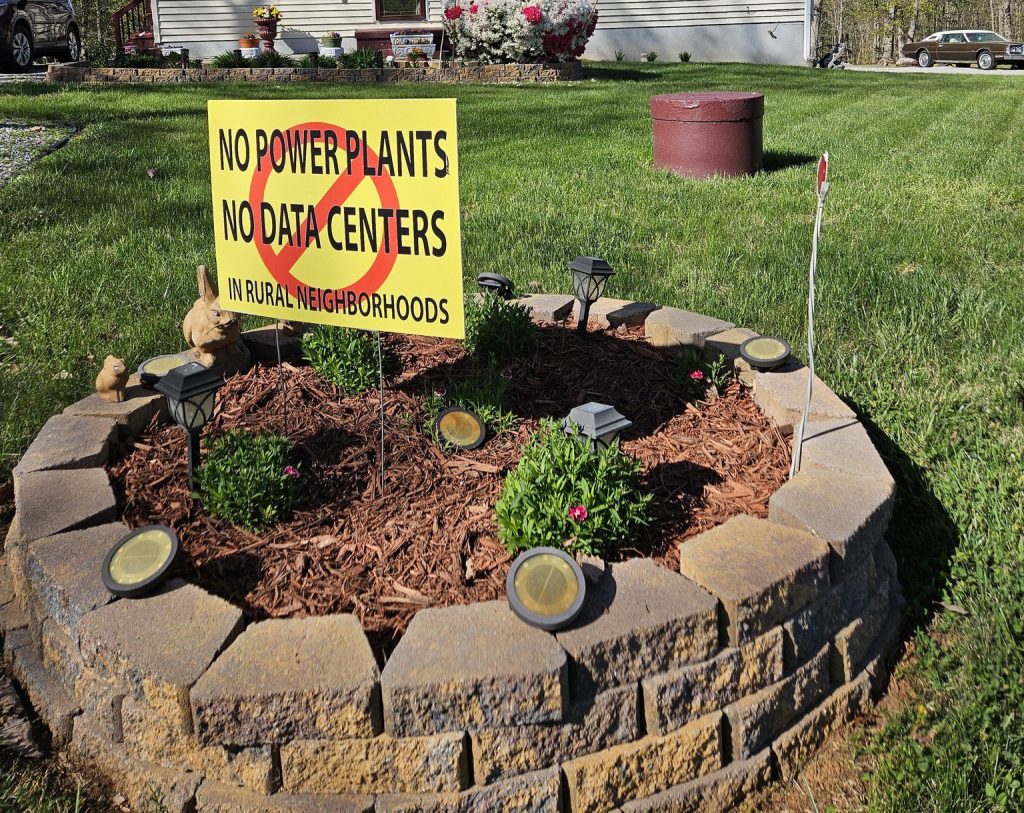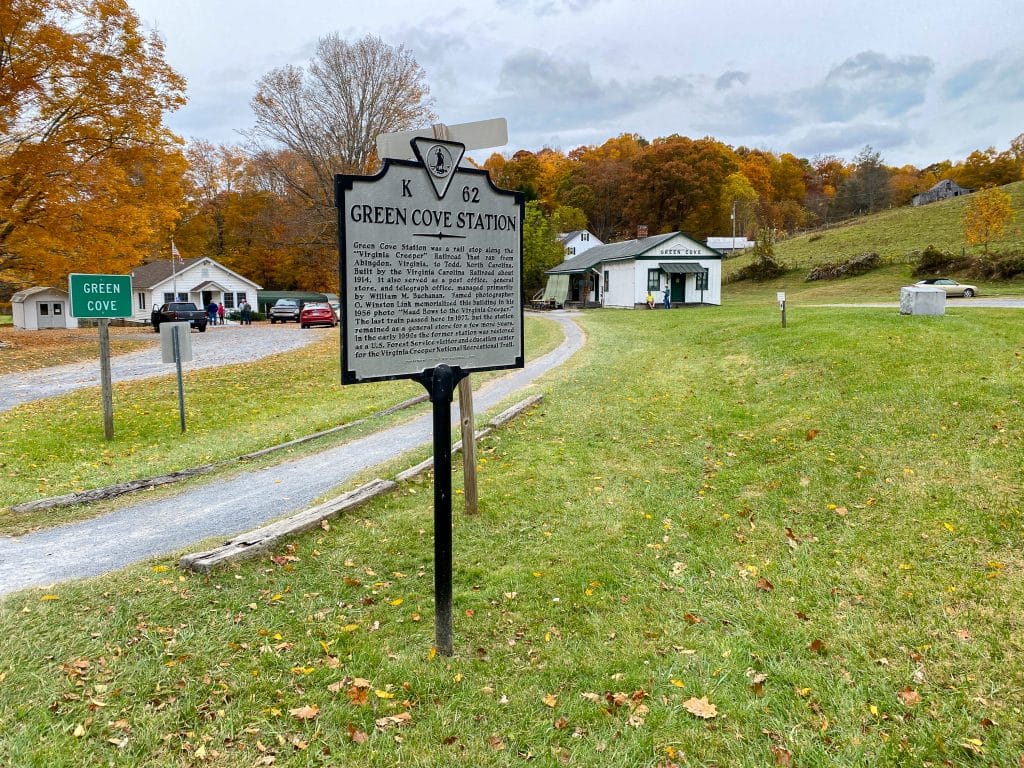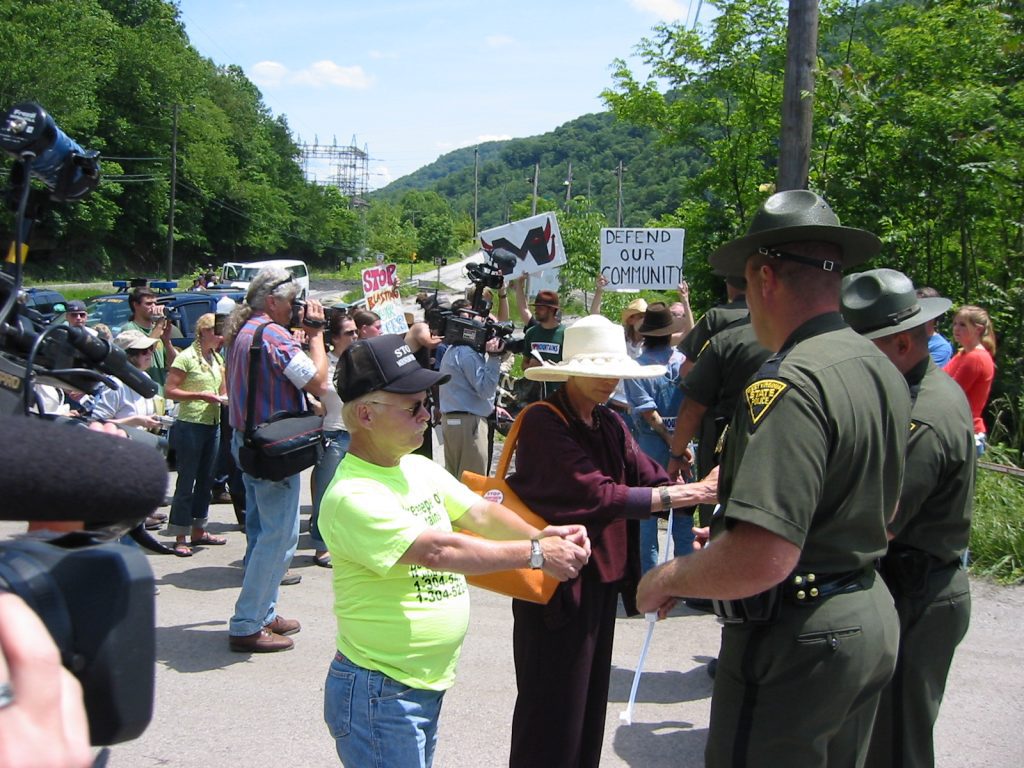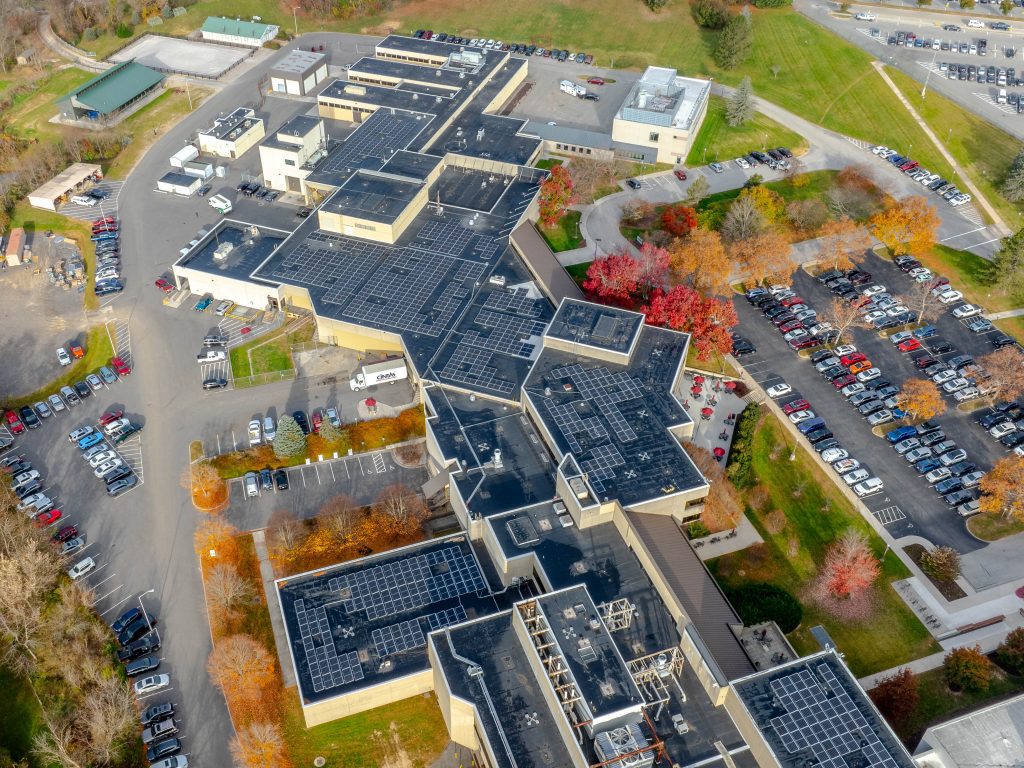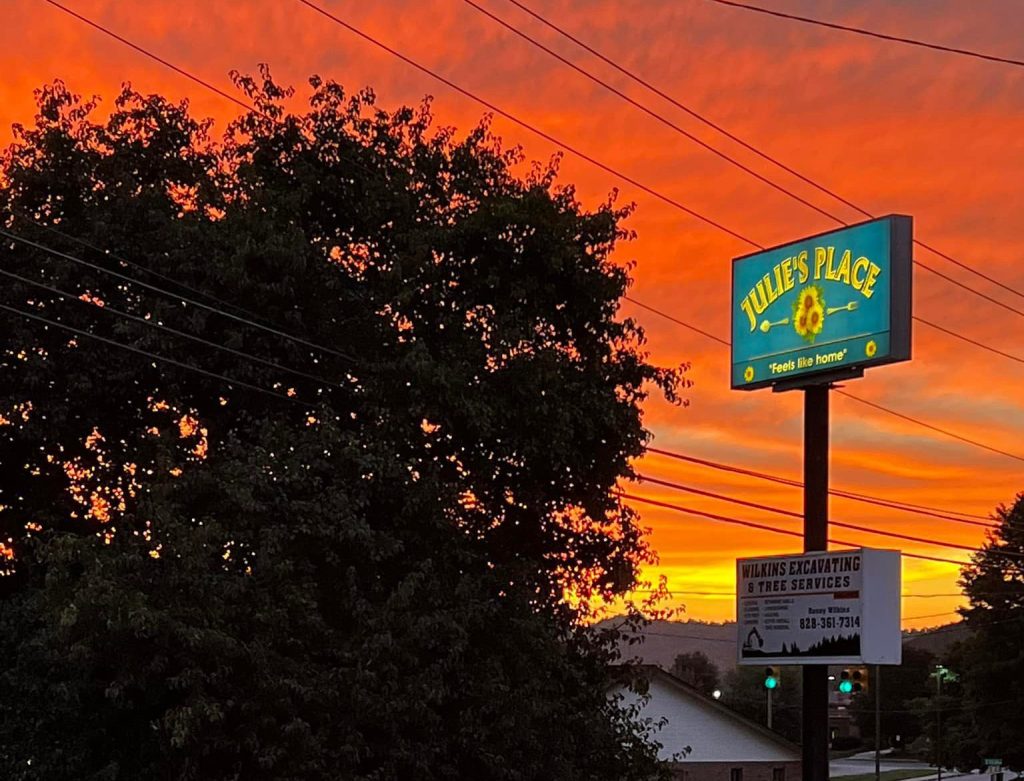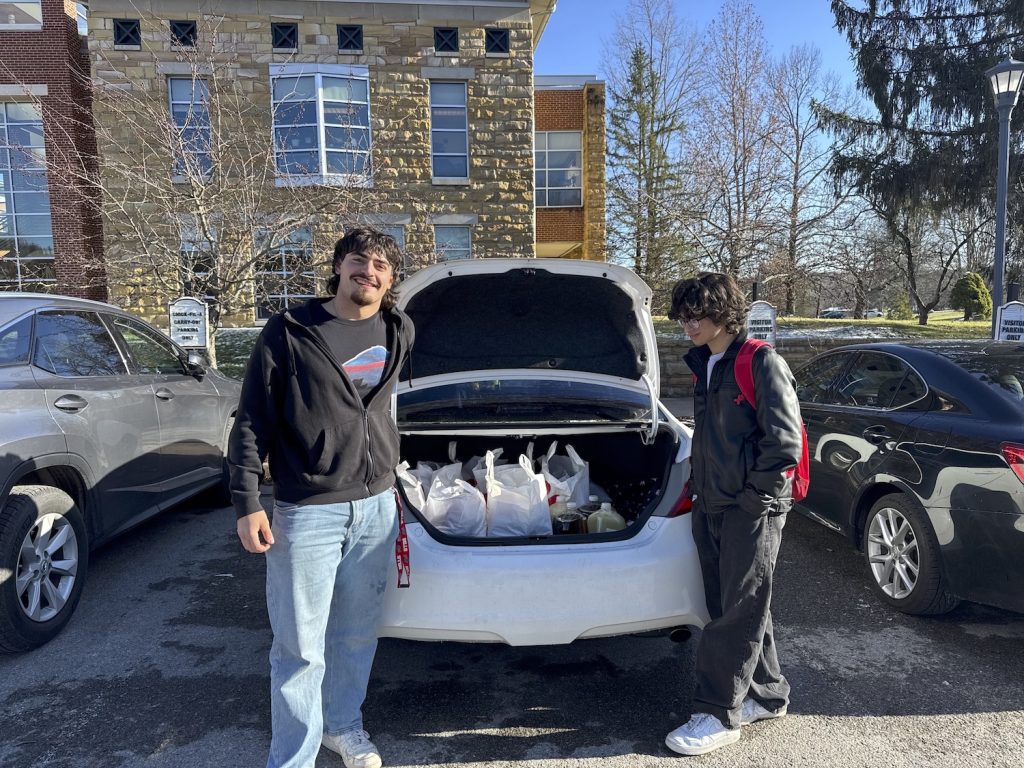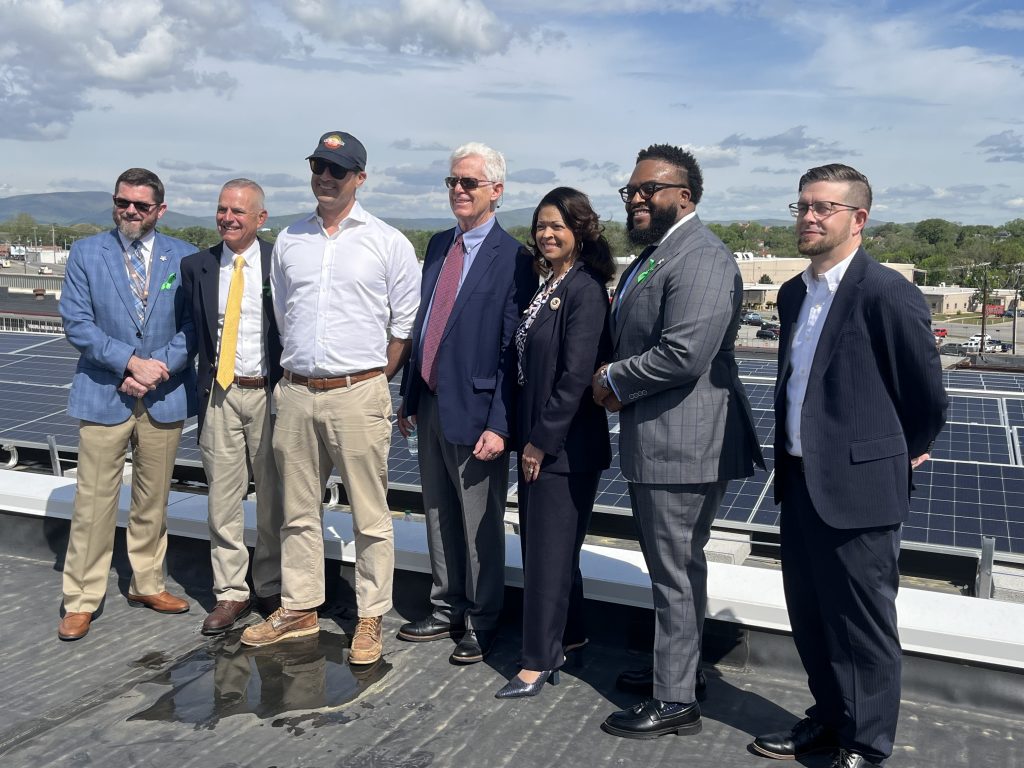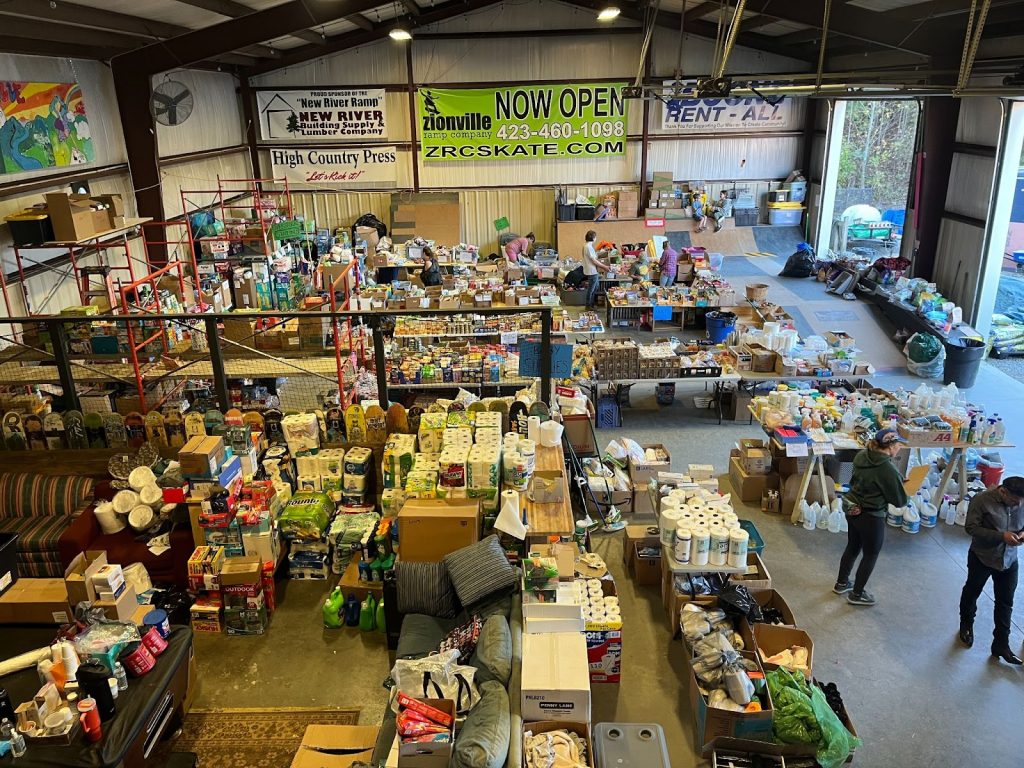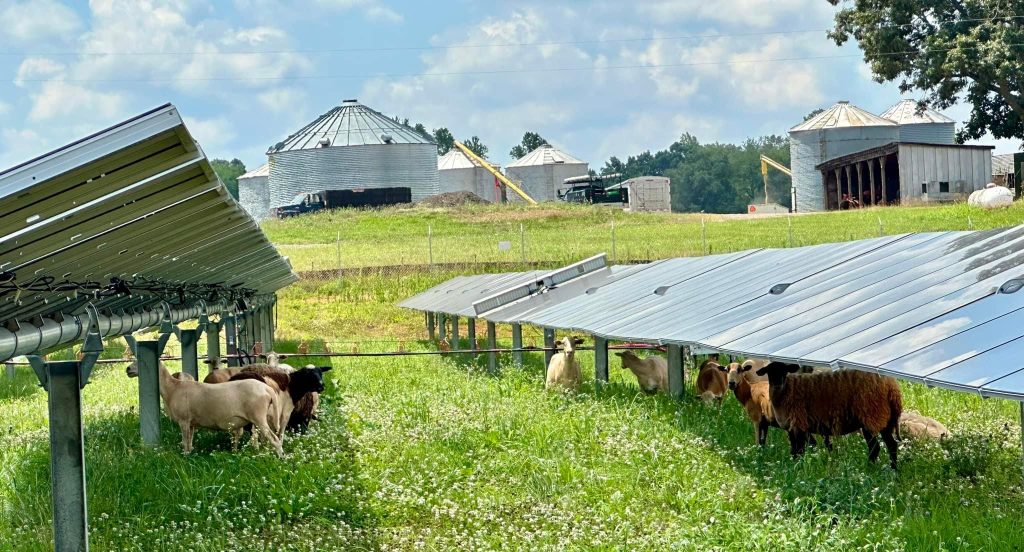2024-2025 Winter
‘Next time, we’ll be ready:’ Community resilience hubs take root in Western North Carolina
After Hurricane Helene, some organizations are hoping to establish long-term community resilience hubs in North Carolina. In an ideal scenario, these hubs would be equipped with renewable infrastructure, such as solar microgrids, to maintain reliable access to electricity in the event of grid outages.
Read MoreRural Virginia community defeats massive gas plant and data center proposal
Residents of Pittsylvania County, Virginia, came together to help defeat a proposal from Balico, LLC to develop 2,200 acres of rural land for a massive gas power plant and huge data center complex of 84 buildings.
Read MoreOn the road to recovery: Rebuilding the Virginia Creeper Trail
Hurricane Helene devastated part of the popular Virginia Creeper Trail. Despite promising recent updates, the timeline for major restoration and eventual completion for portions of the picturesque rail-to-trail path remains uncertain, requiring small businesses that rely on visitors to pivot or risk closure.
Read MoreResearch on Larry Gibson dedicated to the West Virginia & Regional History Center
Marybeth Lorbiecki compiled 1,283 pages of research to produce a biography on Larry Gibson that was officially transferred in March to the West Virginia & Regional History Center at West Virginia University. Her research chronicles Gibson’s rise from an unknown working-class man into the international star he’d become for environmental activists.
Read MoreVirginia Tech’s solar projects power campus toward carbon neutrality goal
As part of its commitment to sustainability, Virginia Tech has taken a significant step toward reducing its carbon footprint by completing four 1.2-megawatt solar arrays on building rooftops across its Blacksburg campus in fall 2024.
Read MoreEconomic first responders: CDFIs, the unsung heroes of Appalachian financial services
CDFIs serve as ‘economic first responders’ in Appalachia. A drastic reduction in one of their funding sources could significantly alter or slow down their work providing capital to small business owners, mentorship to entrepreneurs, protections from predatory lending and flexible, fast capital in times of natural disaster.
Read MoreSwipe to Support: How two college students are tackling hunger in Appalachia
In October 2024, alongside a few friends, Osmani founded a grassroots organization, Swipe to Support, designed to redistribute their unused swipes to fight food insecurity in Appalachia.
Read MoreRoanoke City Public Schools invests in students and saves big with solar
On a beautiful, sunny, clear Earth Day, leaders adorned with green ribbons from the Roanoke City Public Schools were taking in the view — not the view of McAfee Knob and Tinker Mountain looming in the distance, but of roughly 300 shiny new solar panels mounted atop the William B. Robertson Administration Building in downtown Roanoke.
Read MoreHow a skate park became a long-term disaster relief hub
What started as a simple act of checking in with each other after Hurricane Helene quickly turned into State Line Resource Station, a grassroots relief effort that has since provided thousands of people with food, supplies and long-term recovery assistance, operating out of Zionville Ramp Co., an indoor skate park in Trade, Tennessee.
Read MoreGrazing in the sun: Enterprising farmers pair agriculture with solar power
Agrivoltaics is the practice of using land for both agricultural and solar energy production. It involves traditional ground-mounted solar arrays where panels are elevated or spaced out to allow for crop production, pollinator habitats or grazing. Advocates believe that when done well, the practice can numerous environmental and economic benefits for Appalachian communities.
Read More

